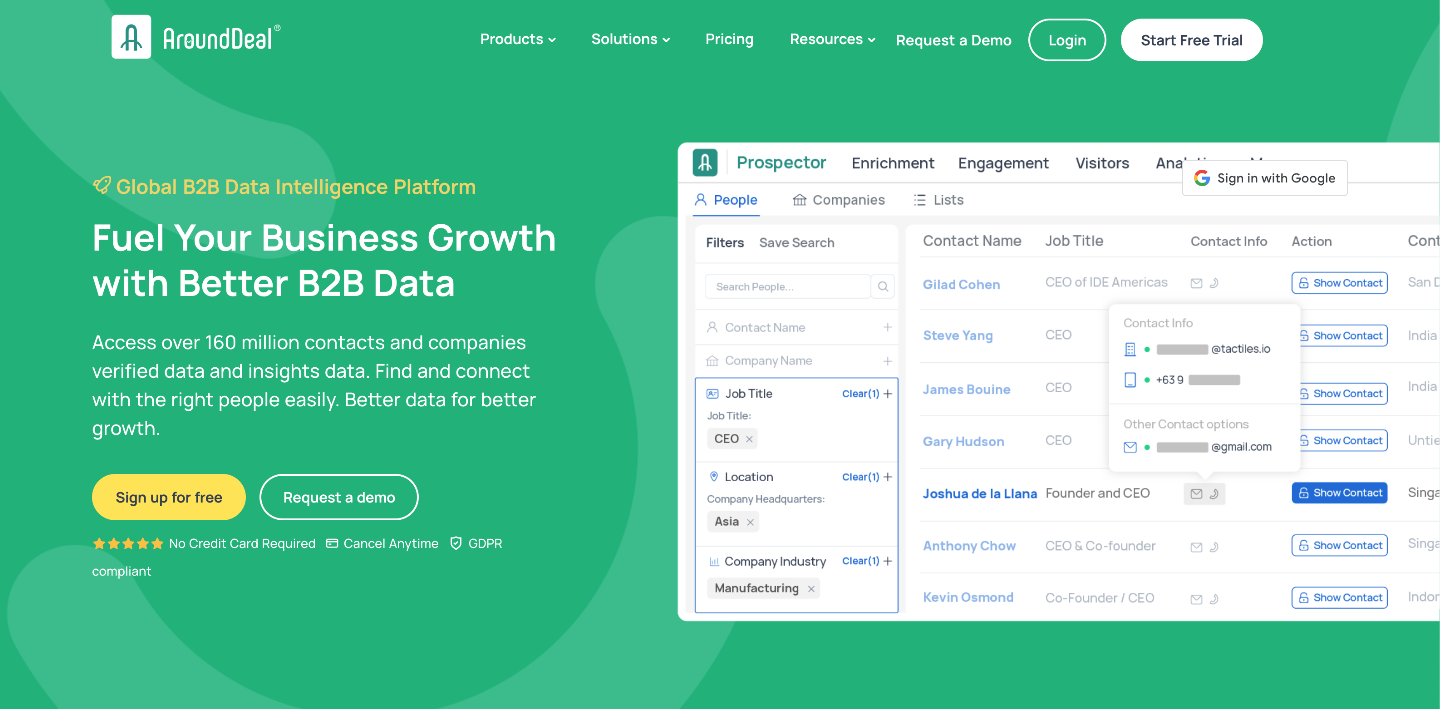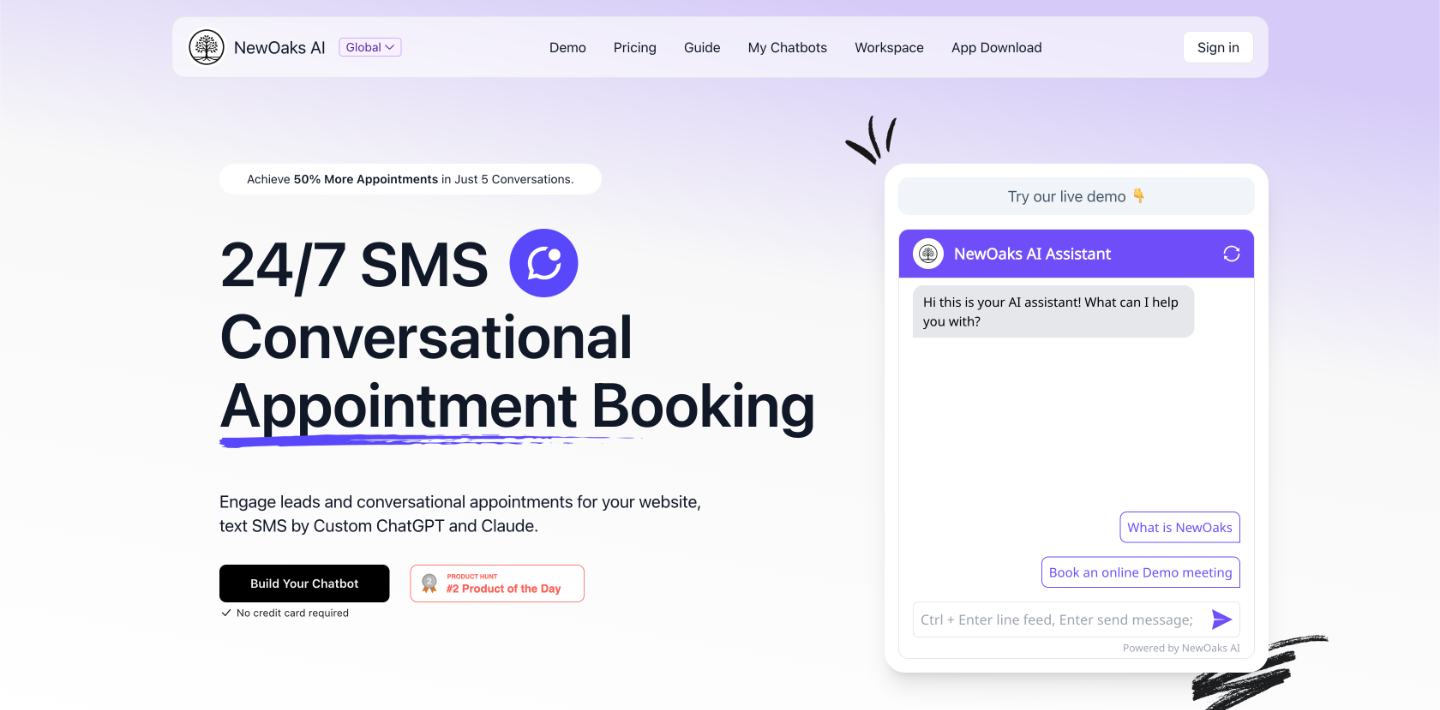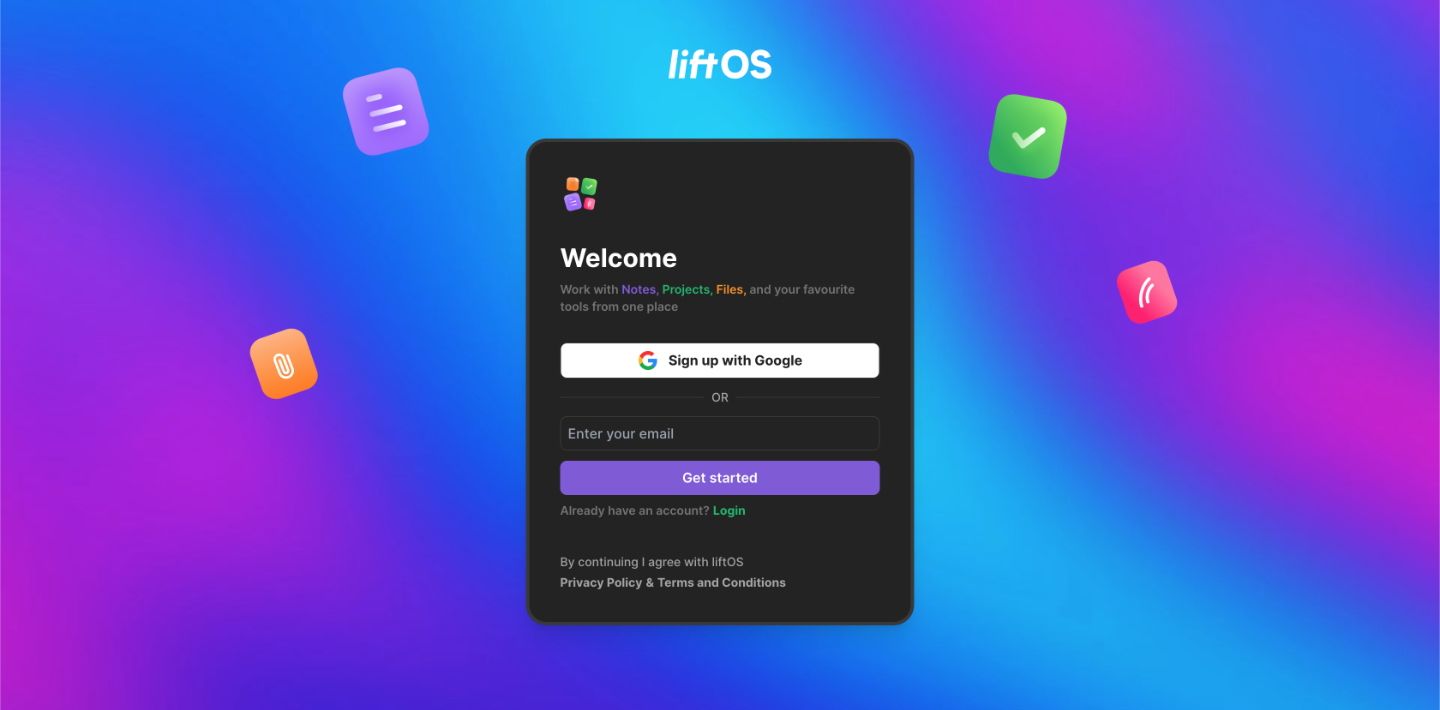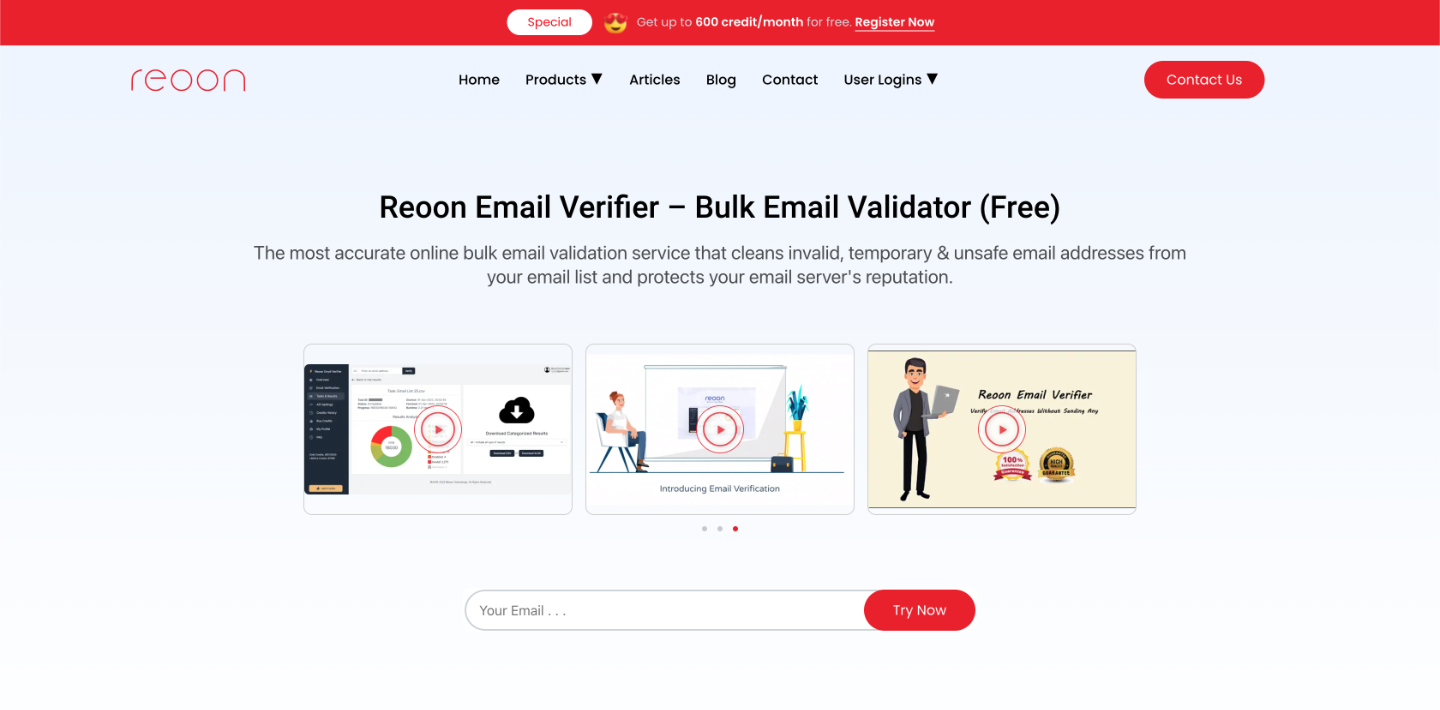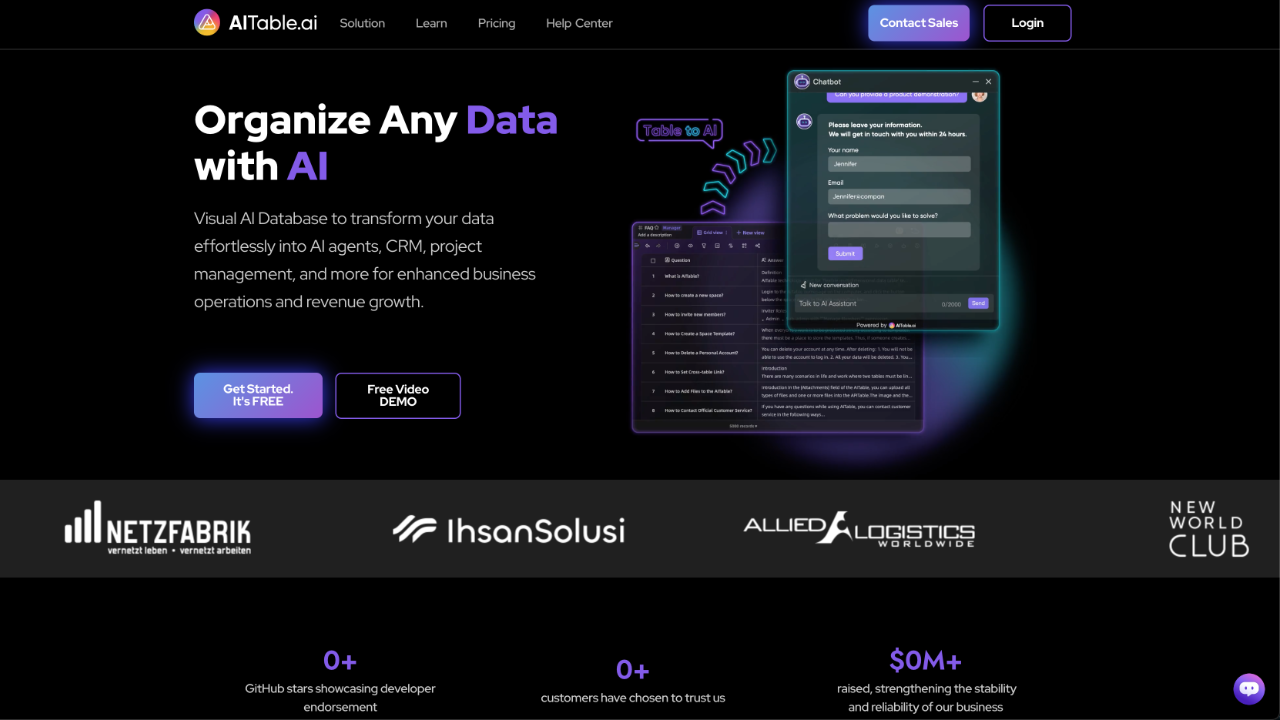
Big data is fast becoming the lifeline between brands and their customers. Big data consists of the large quantities of data that are gathered together to discern patterns and make decisions accordingly. The use of big data can help to increase a company’s productivity, provide a crucial way to outperform competitors and create substantial value for the world economy. It does this by improving the quality of products and service, which, in turn, helps to reduce waste.
Research carried out by the McKinsey Global Institute (MGI) and McKinsey & Company’s Business Technology Office has shown that big data can become economically significant to not just businesses and consumers, but to the government as well. A sample of retailers that have chosen to embrace big data, for example, have seen that their operating margins may increase by up to 60 per cent.
Syntax IT Support London outlines three ways big data can be used in business:
1. Boost work performance & productivity
In the case of the oil industry, big data can analyse sensor data from production lines, creating automated processes that help to reduce waste and avert costly, and occasionally dangerous human involvement. Data is constantly read by instruments in advanced, digital oil fields. This means that information can be processed in real-time by clusters of computers, allowing the automatic adjustment of oil flows to optimise production and reduce downtimes.
The usage of various kinds of products can be tracked by creating data streams. An example of this can be seen in the case of computer software. Incoming data can be analysed by manufacturers in an attempt to automatically fix software glitches or even send out the appropriate repair team. In the case of computer hardware, data is being analysed to try and pre-empt the potential need for repair so as not to disrupt consumers’ operations. The use of this big data can help to accommodate improved performance and enable better risk management.
2. Target customers in a much more personal way.
The use of data to help segment and target customers is nothing new in the marketing world however, big data helps marketers to take a huge leap forward by allowing real-time personalisation. A retailer operating in the world of big data will utilise it to enable the tracking of individual customer’s behaviour. It can help then to recognise when customers are close to purchasing an item, and when to add a few incentives to push the transaction along. It can also suggest when is most appropriate to offer the bundling of favoured products, alongside offering reward program benefits. Being able to utilise this real-time targeting, whilst also taking advantage of the data gained from the rewards program, means that its most valuable customers will be purchasing more of its higher-margin products.
Although retailing is one of the more obvious sectors for data-driven personalisation, with its voluminous, high quality internet purchase data and social-network conversations, other industries can also experience the benefits that big data is able to offer. They can also make use of the increasingly sophisticated analytical tools to help divide their customers into more specific and targeted microsegments.
3. Create a new business model
The information and insights that big data can produce is of a real value to companies. When specific organisations play intermediary roles in value chains, they may find they are collecting valuable ‘exhaust data’ during business transactions. An example of this can be seen in the case of a transport company that was collecting a large quantity of data regarding international product shipments. They saw opportunity in this venture and decided to build a unit that sells this valuable data as a complement to business and economic predictions.
A further example is evidenced by a global company creating a whole new business that worked to analyse data for companies, after such a successful project considering its own data as part of a manufacturing turnaround. The company accumulates a combination of shop-floor and supply-chain data for a variety of manufacturing businesses, alongside selling software tools to improve performance.



